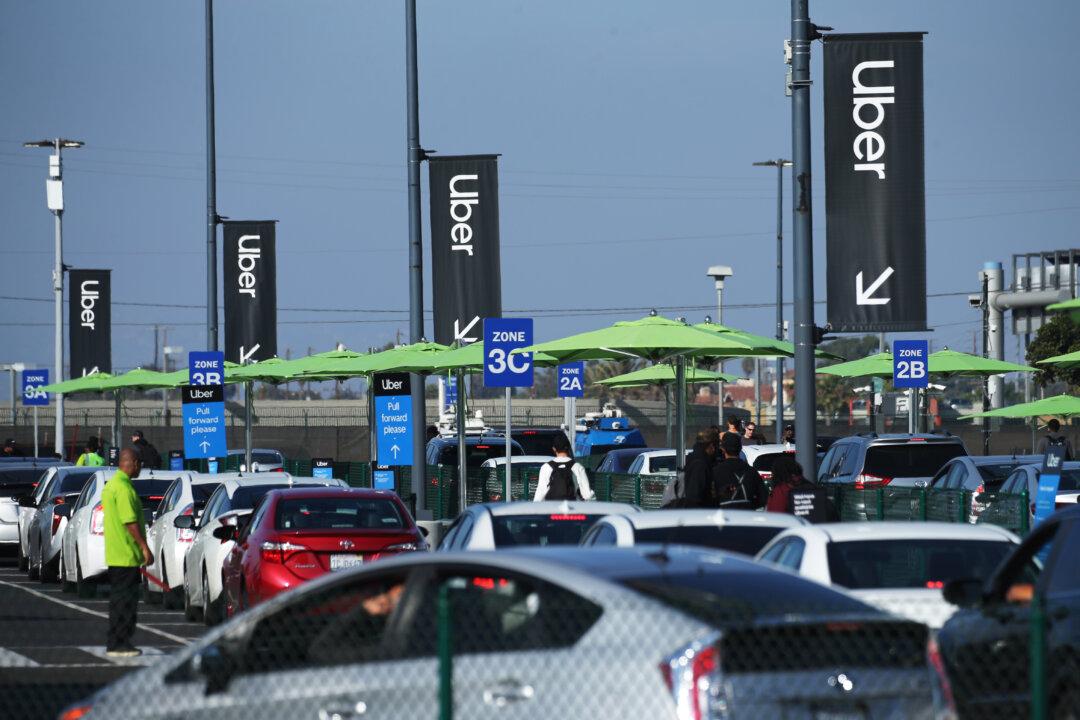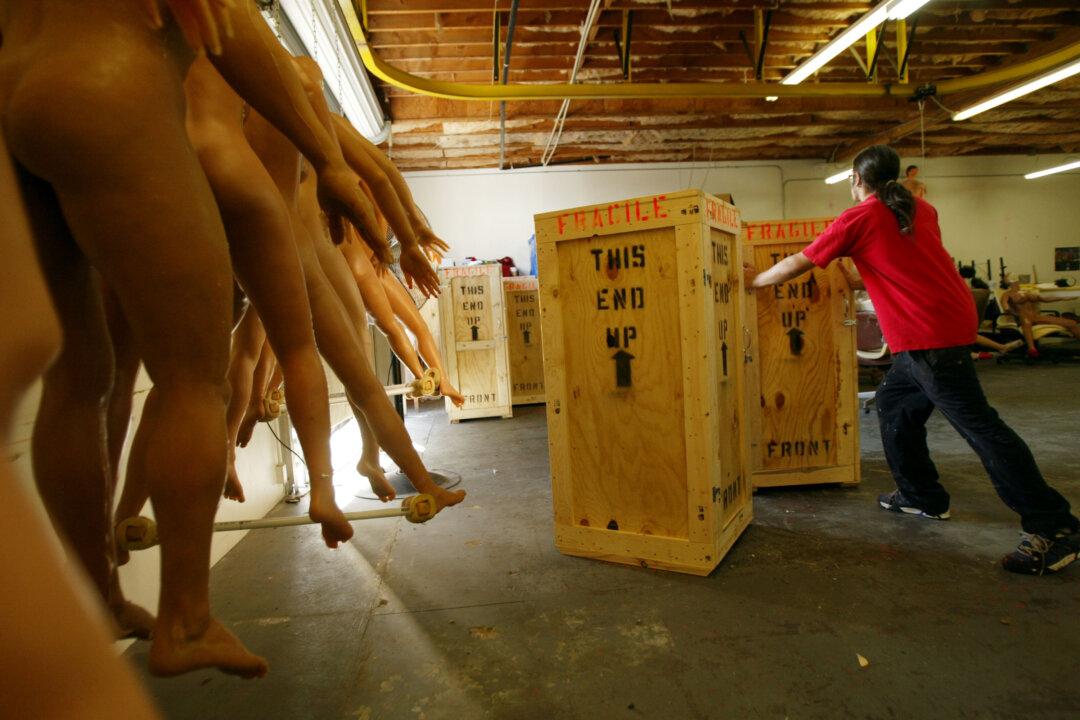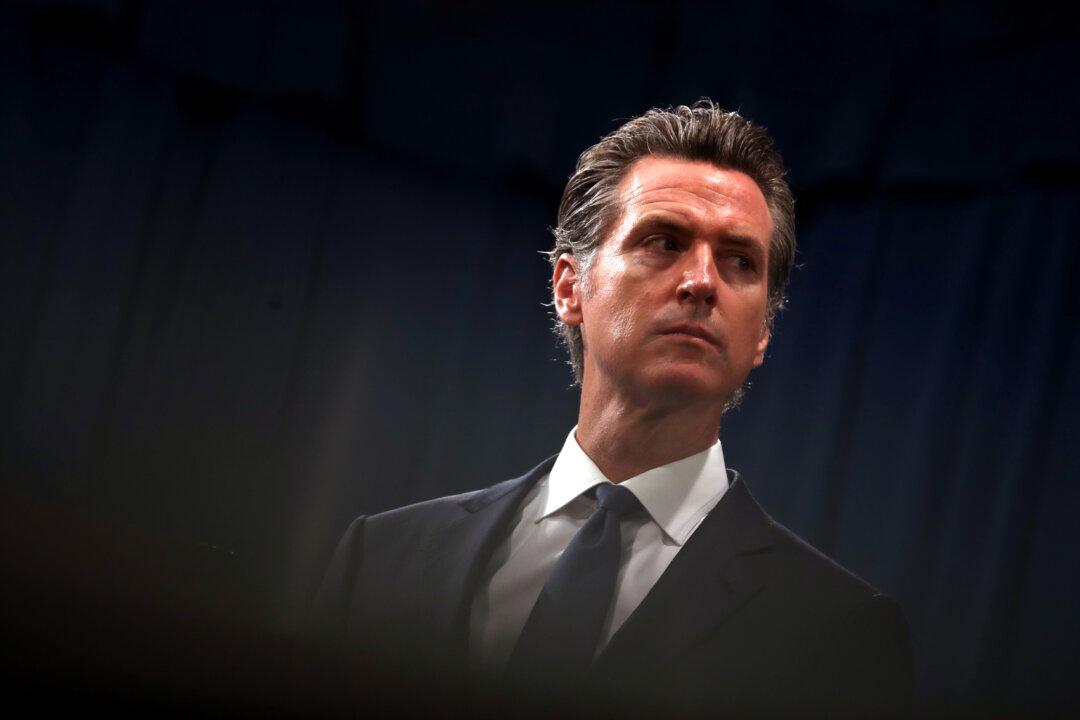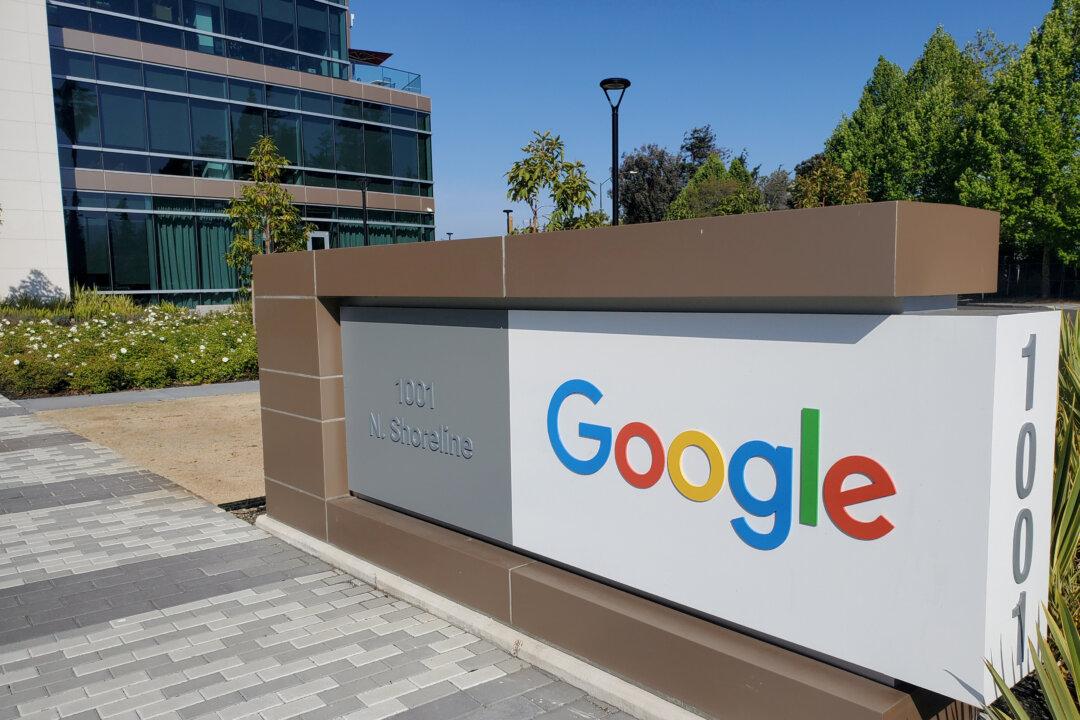On Jan. 1, 2020, California’s new independent contractor law goes into effect, requiring many contract workers to be classified as employees with full benefits. Meanwhile, many opponents and supporters of the law are gearing up for a legal fight.
The California Trucking Association (CTA) filed a lawsuit in early November challenging the law. The CTA says the new law will harm independent truckers and owner-operators in the state.





